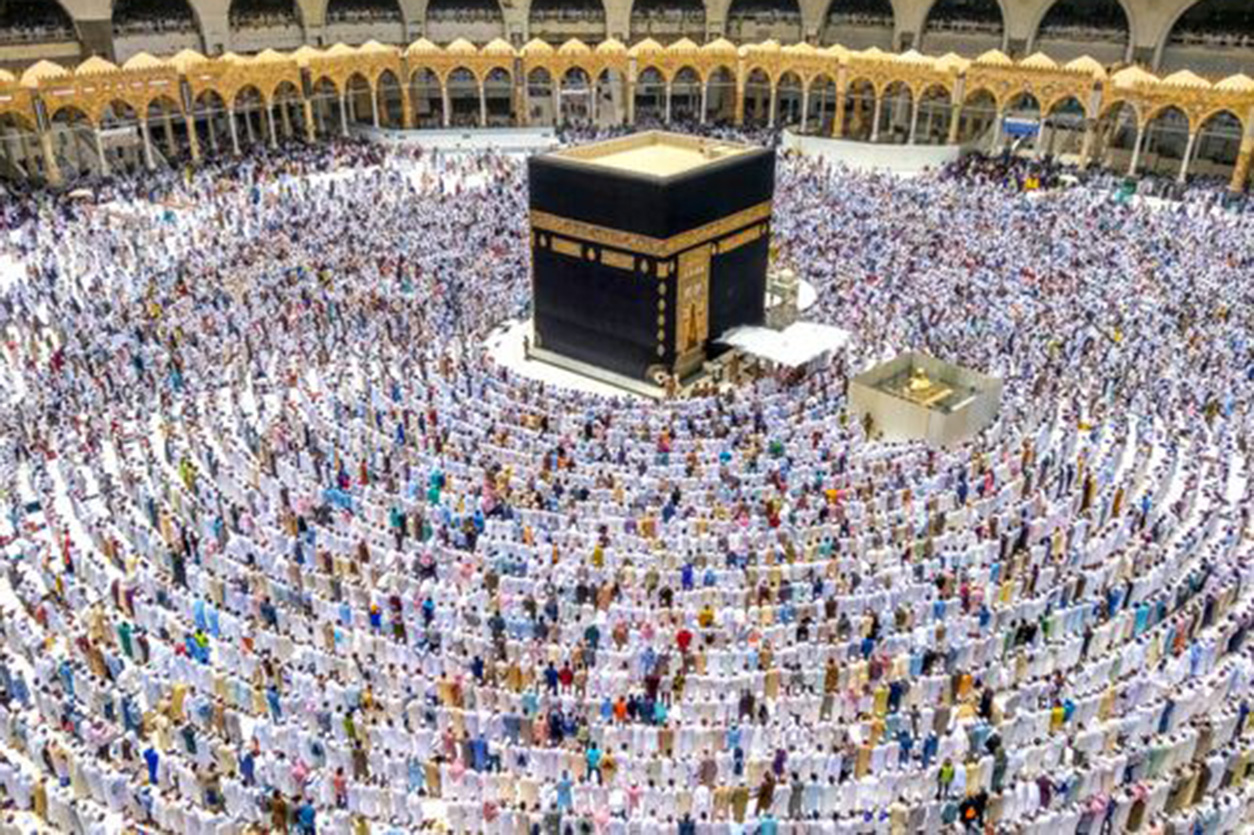Doctors also list out other precautionary measures for a safe pilgrimage
Dubai: With this year’s Hajj season round the corner, doctors in the UAE have explained which vaccines pilgrims from here should be taking and why. They have also listed out other precautionary measures to ensure a safe Hajj which sees a congregation of millions of Muslims in Saudi Arabia. Given the scale of such events and the close proximity of attendees, there is an increased risk of infectious diseases spreading rapidly, doctors pointed out. Hence, they said it is important for pilgrims to be vaccinated as per the guidelines issued by the Saudi health authorities. Vaccination is a mandatory requirement for the Hajj permit and pilgrims must complete the required vaccinations at least 10 days prior to travelling. The Ministry of Health in the Kingdom has issued a document to address health requirements and recommendations for visitors travelling to Saudi Arabia for the purposes of Hajj, or seasonal works in Hajj areas during 1444H (2023). Experts in the UAE highlighted the significance of immunisation before embarking on the Hajj journey and provided insights to Gulf News about the important vaccinations that pilgrims should consider. The authorities have advised pilgrims to follow certain guidelines to ensure a successful pilgrimage for everyone,” said Dr Rasha Awad, specialist, Internal Medicine, Burjeel Specialty Hospital, Sharjah
COVID-19
The official guidelines for those outside Saudi Arabia state that pilgrims must be vaccinated against COVID-19.
“As so many people congregate in one place, there is an increased risk of transmission of respiratory illnesses like COVID,” pointed out Dr Awad. According to the guidelines, all travellers for Hajj need to have had two shots of any of the following COVID vaccines: Pfizer-BioNTech, Moderna, Oxford-AstraZeneca, Covovax, Nuvaxovid, Sinopharm, Sinovac, Covaxin, and Sputnik-V. Those taking Janssen vaccine require only one dose.
“Additional precautions that pilgrims can take to protect themselves from respiratory infections include washing their hands with soap and water or sanitiser, especially after coughing or sneezing, using the washroom, before and after consuming food or touching animals. Wear face masks in crowded places and keep a distance from those who appear ill.”
“Carefully dispose of tissues used while coughing or sneezing. It is our collective duty to get vaccinated and take the recommended precautions to safeguard our health and the health of others on this sacred pilgrimage,” added Dr Awad.
Read Full Story: GulfNews


